The political landscape in Pakistan has been stirred as the government formation process commences following the recently held elections. In Punjab, newly elected MPs took their oaths of office under the oversight of outgoing Speaker Sibtain Khan.
In a significant move, Imran Khan's political party, Pakistan Tehreek-e-Insaf (PTI), has lodged a petition with the Supreme Court, contesting the outcomes of the polls. PTI's petition, submitted on Friday, challenges the election results, alleging discrepancies and manipulation.
According to PTI's claims in the petition, while the party secured a total of 180 seats in the February 8 elections, only 92 seats were reflected as won by PTI candidates due to purported rigging. The petition asserts that this alleged manipulation was orchestrated to thwart PTI from attaining power.
Confirming the petition's submission, senior PTI leader Sher Afzal Marwat informed reporters on Friday evening about the legal challenge lodged in the Supreme Court. Additionally, the petition raises objections to the appointment of Chief Election Commissioner Sikandar Sultan Raja.
The elections, held nationwide on February 8, saw independent candidates backed by PTI clinch the top position, with PML-N securing second place and PPP trailing in third. However, no single party managed to secure an outright majority.
Subsequently, two weeks after the polls, nominations for the positions of Prime Minister and President have been divided between the Muslim League-Nawaz and the People's Party. This arrangement is set to install Asif Ali Zardari as President and Shehbaz Sharif as Prime Minister, effectively diminishing PTI's prospects of forming the government.
The legal challenge mounted by PTI underscores the heightened political tensions and uncertainties prevailing in Pakistan following the closely contested elections. As the Supreme Court deliberates on the petition, the country awaits further developments in its government formation process.



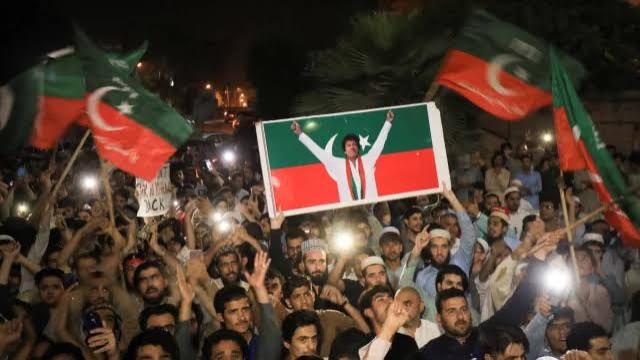
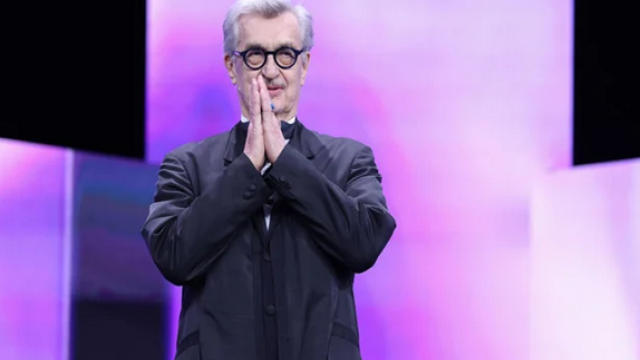
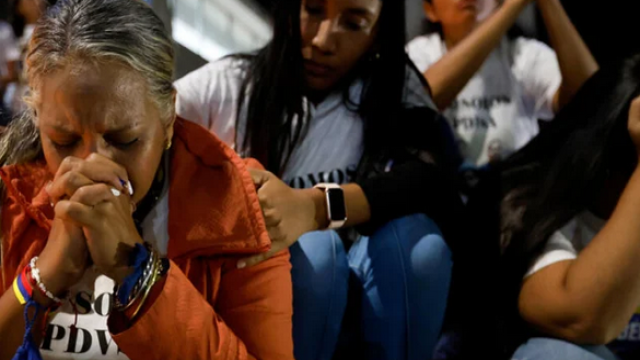
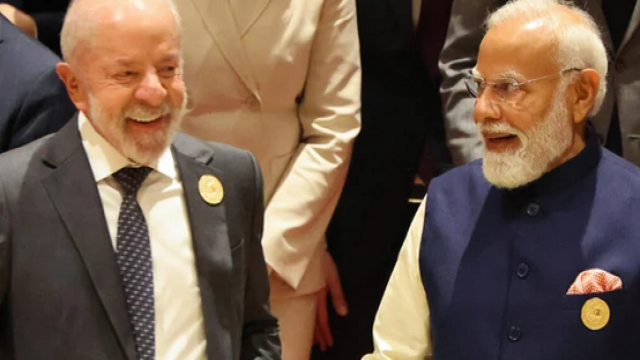
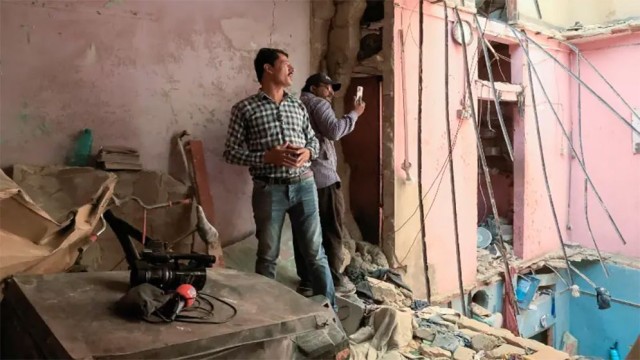
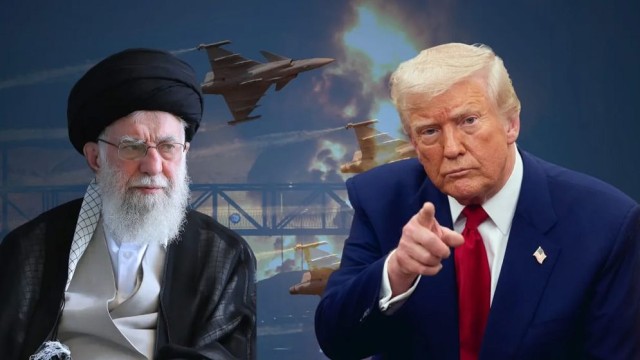


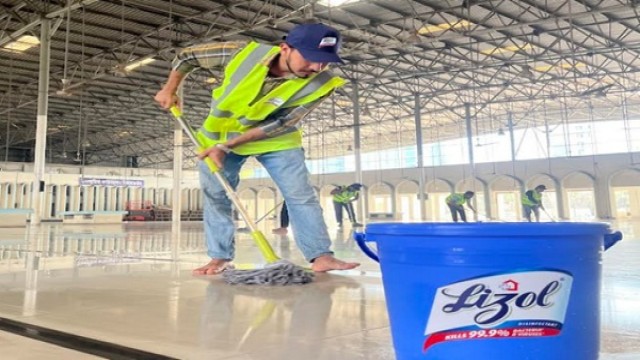
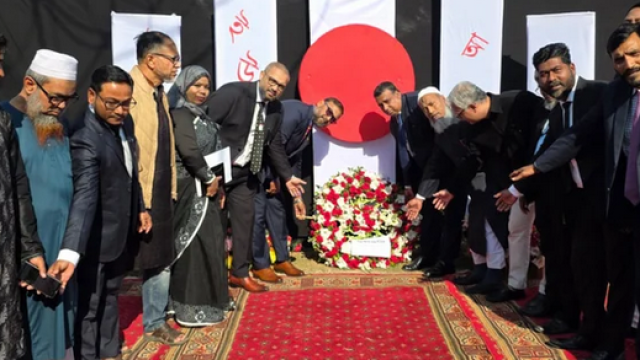
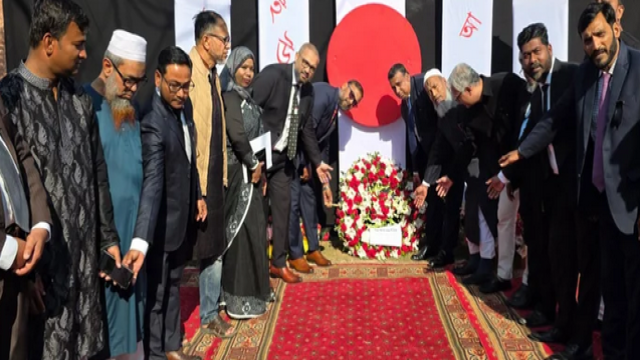
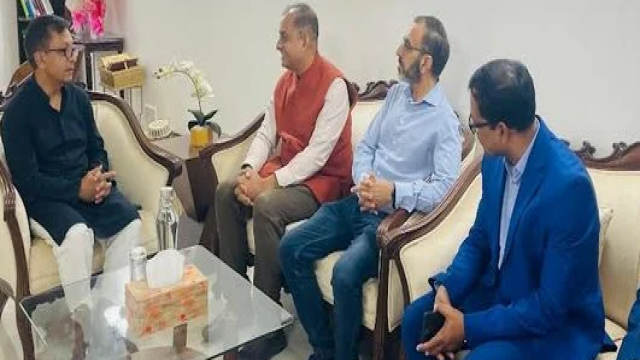


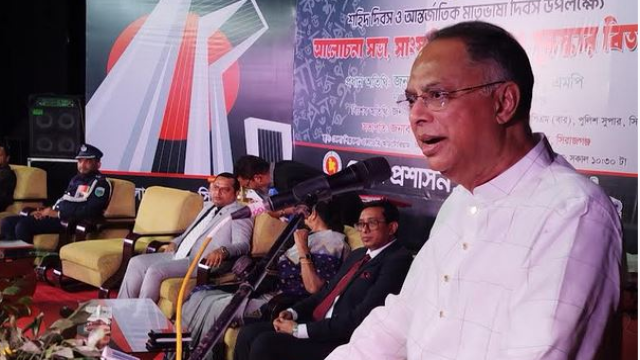
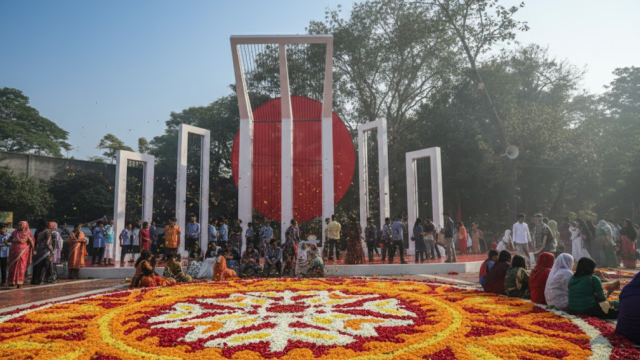
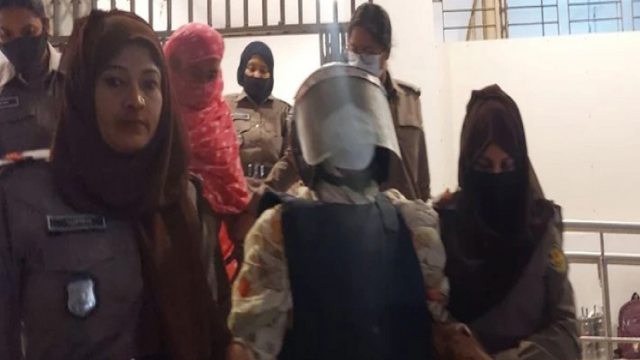









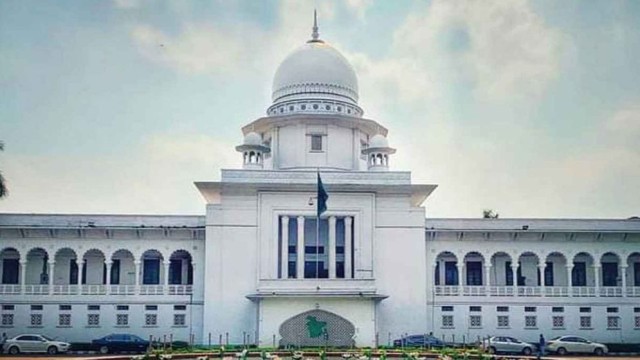

Comment: